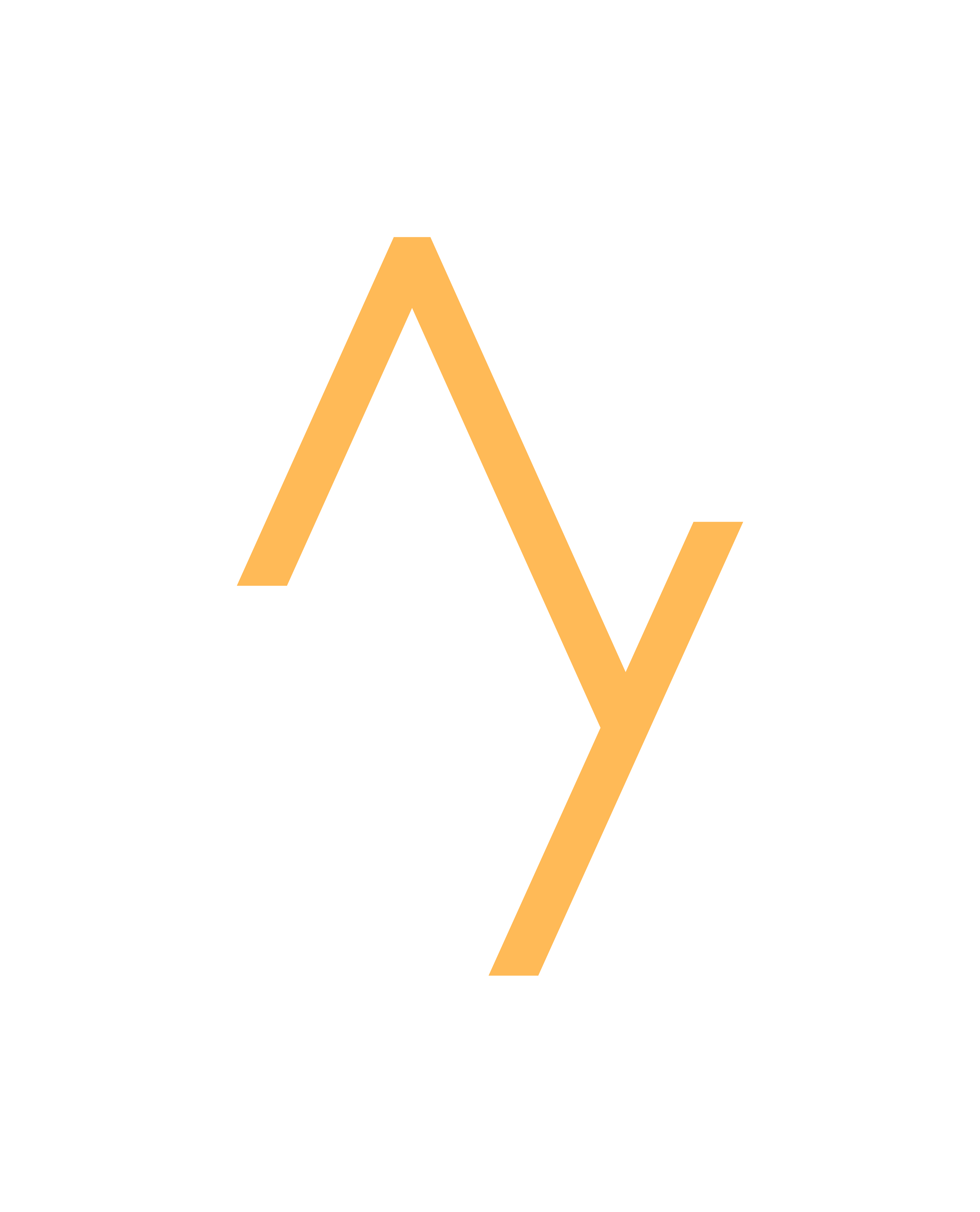⏰ I Asked ChatGPT To Organize My Time and This Happened
I wanted to find out just how powerful ChatGPT is when it comes to time management and organization.
Over the last 15 years, I've tried pretty much every strategy for managing my time because I think that time management is one of the most valuable skills that we can develop.
While we can always make more money, we can't make more time. It's our single most valuable non renewable resource.
I wanted to find out ChatGPT could help me schedule my life and organize my tasks, and what kind of time management principles or systems it used, and the results might actually surprise you.

We'll be looking at what ChatGPT can do as it looks at the months, weeks, and my daily routine to manage my time effectively and help me to hit my goals. So let's jump straight in.
Monthly Time Planning
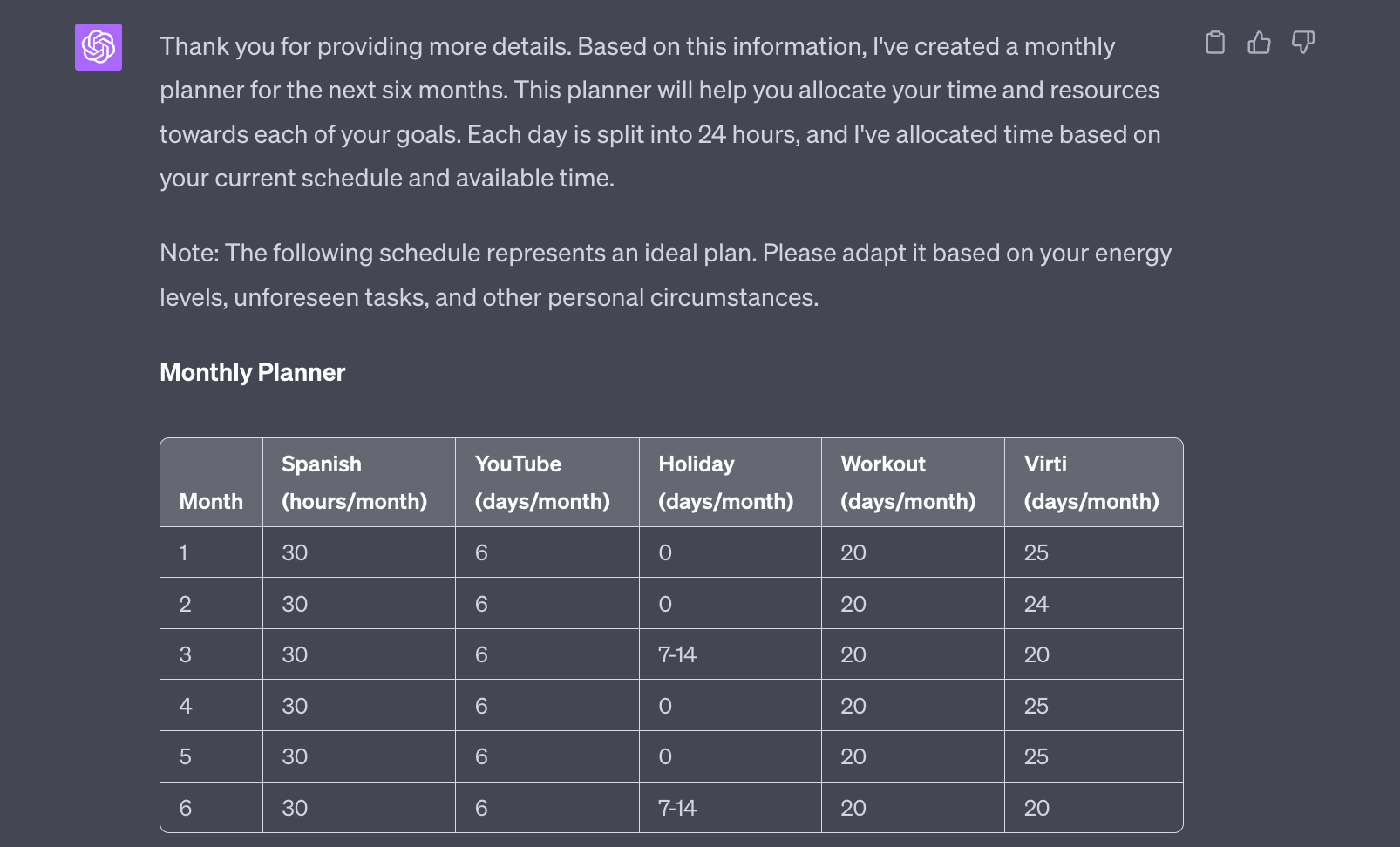
Let's start by looking at how ChatGPT does when it comes to monthly goal planning.
Now, I routinely set goals every six months, and I've been doing this for the last five years, and it's probably the single most helpful thing that I've done that's helped me to get ahead and progress really quickly in a number of areas of my life.
So let's see how ChatGPT does here. We can add in a prompt such as:
"Act as a time management and productivity coach that helps people to get the most out of their lives. I'll give you a list of goals I want to achieve over the next six months and then you'll provide a breakdown of how long it will take me to achieve each of those goals as well as a yearly planner, breaking down progress towards the goals and how to best achieve them.
Try to make my goals more specific, following SMART goal setting principles. Output using headers and bullet points for each goal. And in this case, I've added in a couple of things that I want to achieve over the next six months, including becoming fluent in Spanish, growing my YouTube channel, going on holidays, keeping fit and doing HiiT classes, and growing one of my businesses."
ChatGPT does a fairly good job of outputting all of those goals and breaking them down so that I've got an idea of what I need to be focusing on and how I'm going to do it. But because I haven't given it that much information, these aren't particularly specific and it doesn't go into a huge amount of detail.
But if you're just starting planning things for the next six months or year, then it's a really great way to get started if you're stuck thinking about what you want to achieve. So let's get a little bit more specific here and we'll use the prompt:
"Ask me specific questions about my goals to make them more personal and specific and then create a monthly planner for the next six months with a specific breakdown of how many days per month I should be spending on each of the goals. Output this in a calendar style table for ease of viewing."
Now what then happens is ChatGPT asks me a number of questions around the different goals that I've input and then what I will do is I will give it that specificity to then help it to configure what's output next. And as we can see here, I'm getting this calendar breakdown of what I need to be doing and the amount of time I need to be spending on each of those goals.
Now, this is pretty cool. ChatGPT is actually showing me the time it's going to take to master each of those goals and hit them within the next six months. This is giving me some deadlines to work towards and also just gives me an idea about how hard it's going to be to achieve some of these.
Now, if we want to stick to the habits that will help us achieve these goals, we'll want to break these goals down into weekly and then daily habits that we can time block out to achieve every single week and every single day.
Weekly Planning
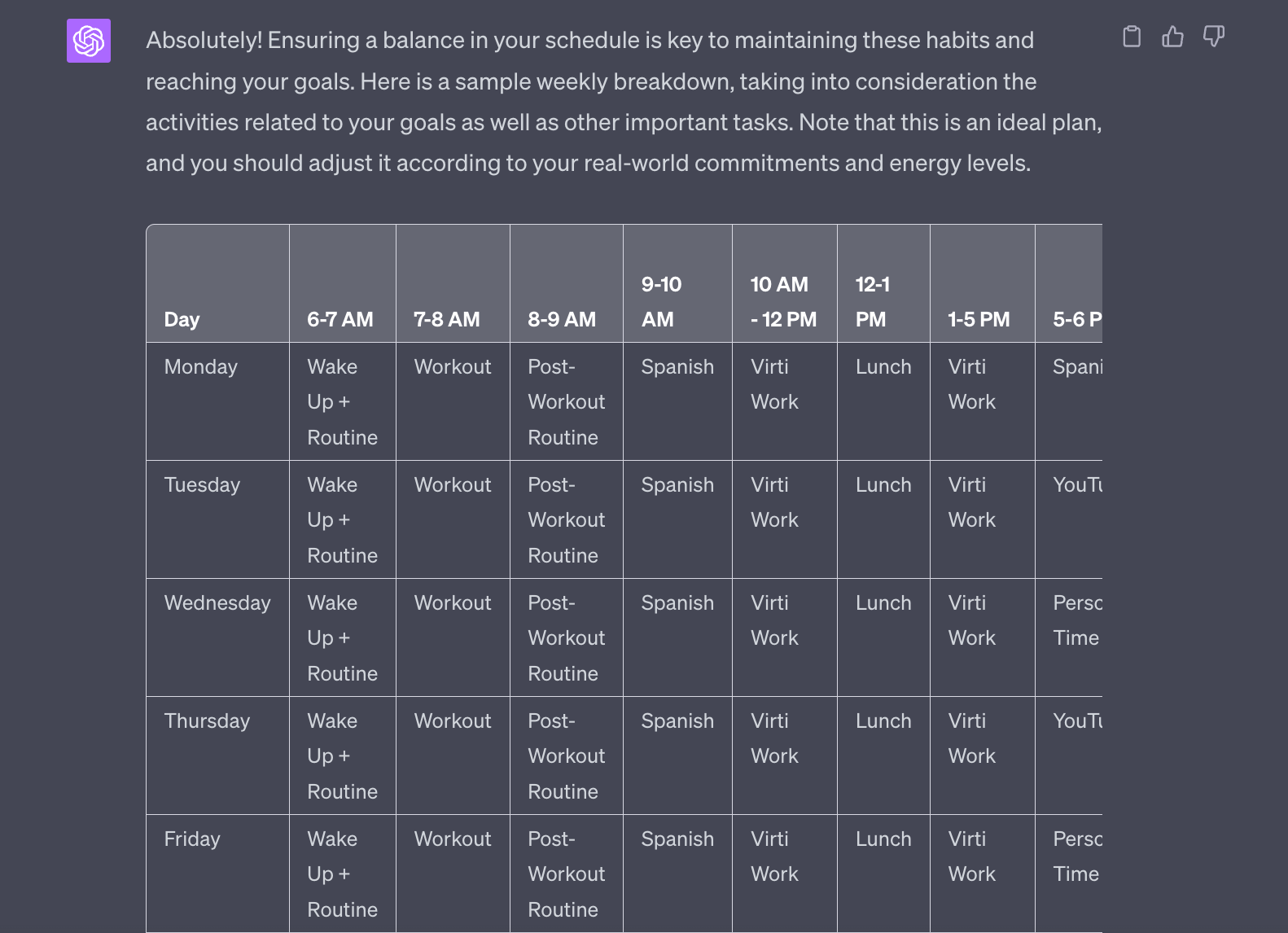
And so again, I've used ChatGPT here using a prompt which says:
"I want to make sure I'm sticking to these habits in order to hit my goals. Provide me with a weekly breakdown of an average week fitting in the above actions towards these goals. output in a weekly table and provide tips for organizing my week around other important tasks like going to sleep and getting eight hours of sleep and spending time with friends and spending time reading."
Now, I could have got even more specific here and given ChatGPT my existing daily routine or wind down routine in the evening, telling it the exact time that I go to bed and the exact time that I wake up and factoring in other things here. However, this is a really great first pass. And as you can see, it's factored in time to relax.
And I can add this into my weekly diary, and then I can tweak some of these things around my existing schedule. So if you're sat down on a Sunday like I do, planning out your week ahead, jumping into ChatGPT can actually automate a lot of this and save you time so that you can focus on the things that matter.
Now, we can do a couple of things with this information from ChatGPT. Either we can dive into something like Google Calendar and time block out every single second of our day. In our weekly planner in Google, or we can default to a physical diary where it's got a number of different pages breaking down the months, the weeks and the days into different time blocks.
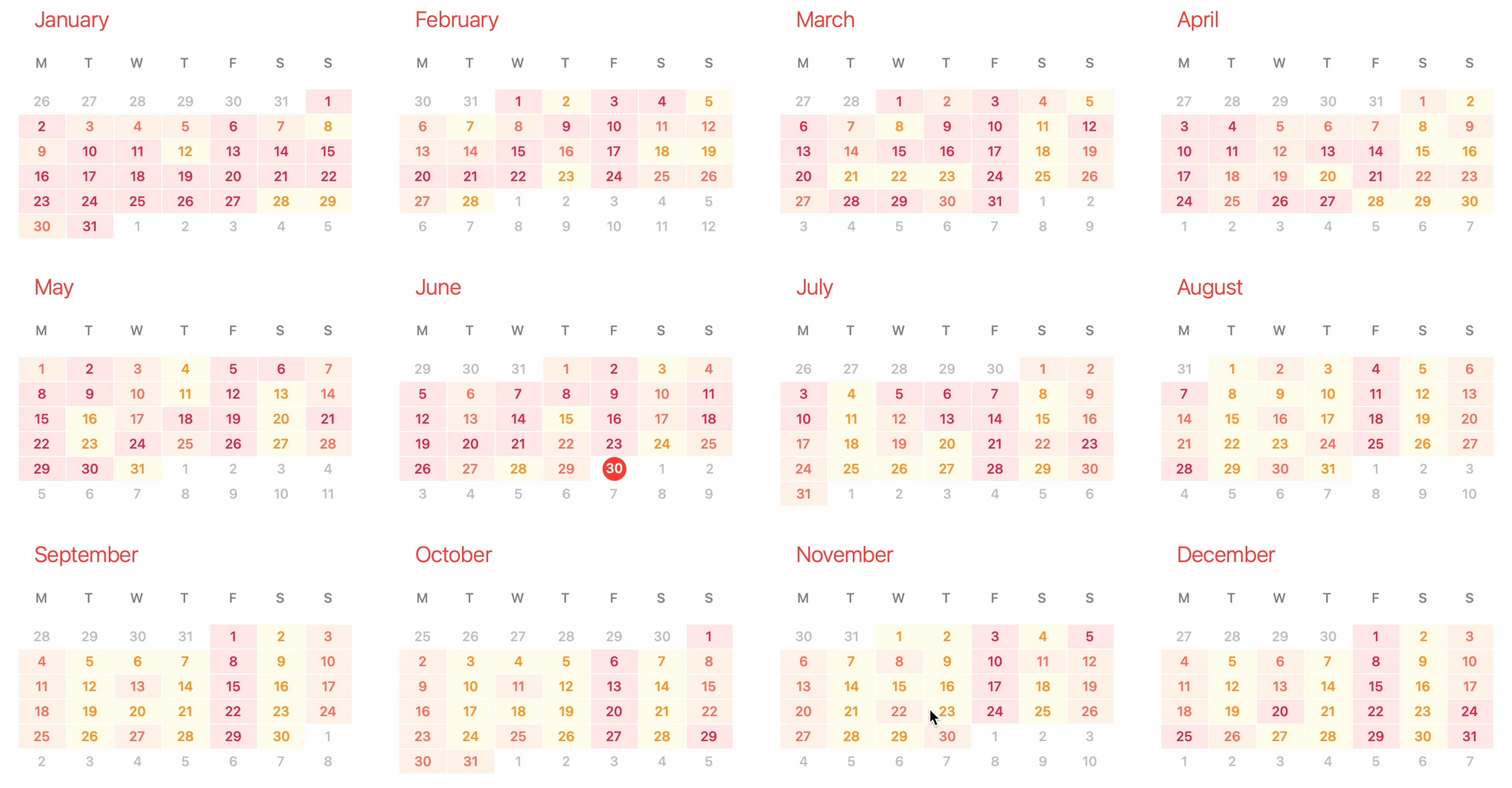
And so this is what I tend to do on my Sunday afternoons and into the evening, planning out what I'm going to be working on for the week and then breaking things down into the day.
Daily Planner
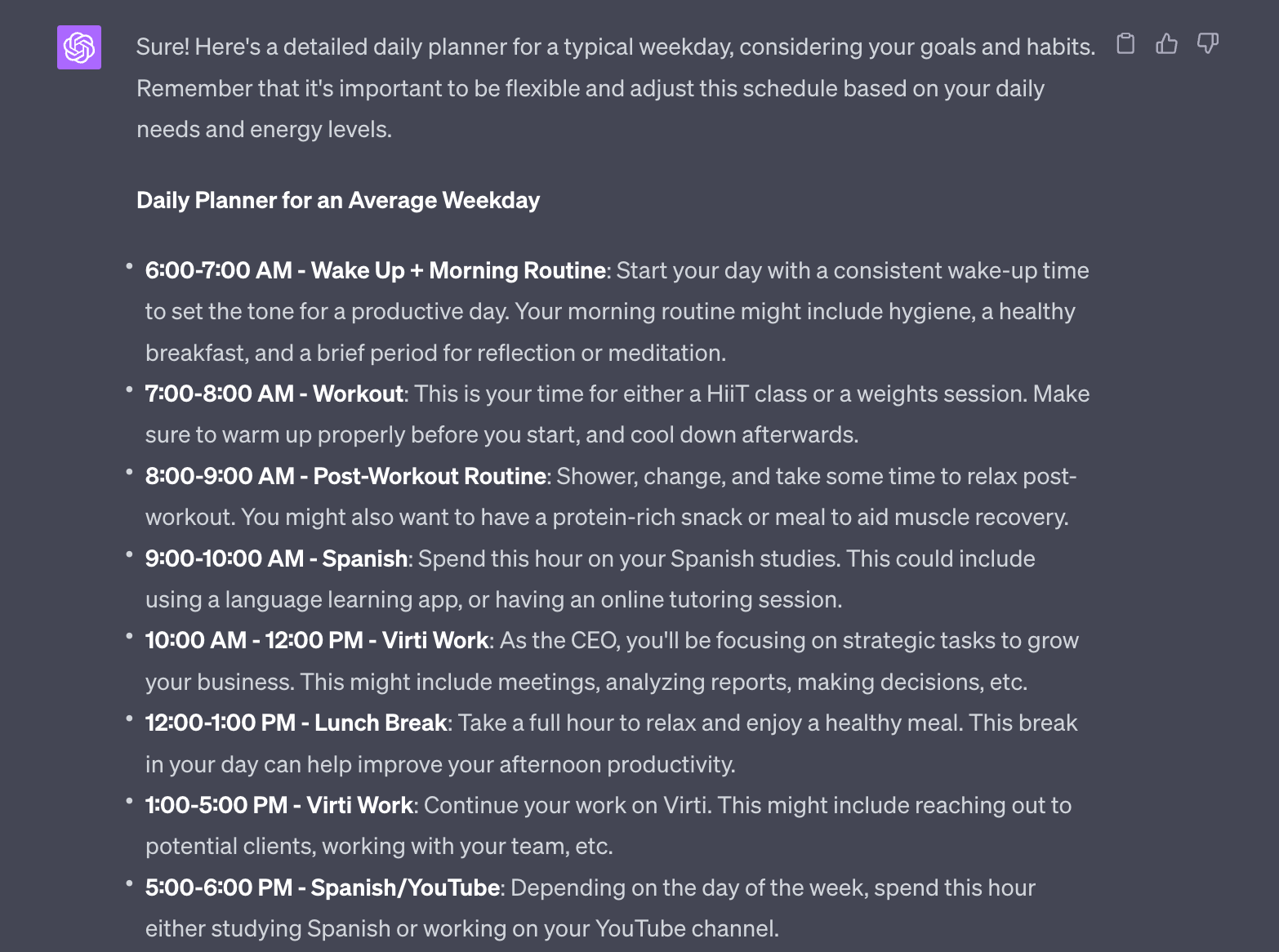
So, let's dive into how ChatGPT can help us to break down our daily routine too. One thing that I've done for the last decade every single day is to plan out my day the night before so that when I sit down at my desk at 6:30am, I know exactly what I need to do.
This usually flows from what I've planned out for the week, but it can take me some time to do, so let's see how ChatGPT can help me out with this. I've used the prompt:
"Build out a daily planner and routine that helps me to hit these goals and stick to my habits for an average day."
We've got our blocks of time that we can add in for every single day and we can follow these and it's even added in time to relax and chill out and things like time off to the gym when you might be really, really tired or you just want to grab a protein shake or just relax a little bit before getting into any deep work.
Now, again, we could go back into ChatGPT and optimize this further. If there are some things that you want to change. And obviously this is just a guide to save you some time so that if you've got regular daily non negotiable tasks that you need to do, like for example, going to school, or you've got a nine to five job, you can actually get ChatGPT to add in all of these goals and habits we're trying to achieve around your existing schedule.
Sticking With Habits
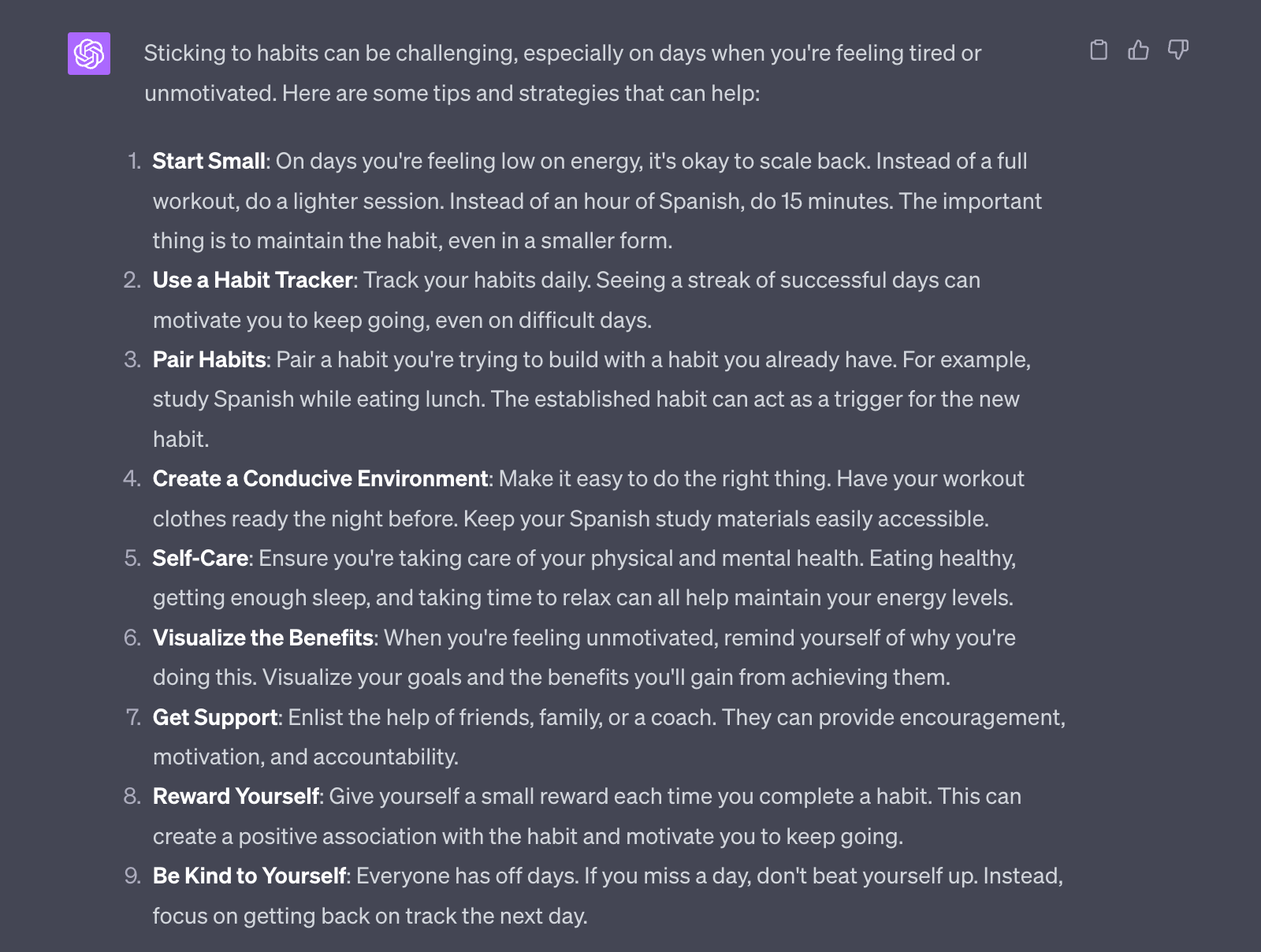
Now, unlike ChatGPT, we're not all robots and productivity and getting work done. is messy and we don't always wake up wanting to get down and do work, even me. And so sometimes I won't want to follow a routine. So let's see what advice chat GPT has for us for sticking with habits on days when we just don't feel like doing them.
We can use a prompt like:
"Give me some tips on how to effectively stick to these habits every day. Consider a day where I'm tired and don't want to do everything listed above. Give me some emergency habit tips to make sure I stick to things even when I don't want to do them."
And actually, the list of habits output by ChatGPT is pretty surprising because it's really, really good and really, really accurate.
I've used a lot of these in my day to day for a number of years, and I've even talked about them in YouTube videos previously. Things like stacking your habits, doing things in batches, and trying to focus on things that are the most productive.
Now, in my opinion, good time management is in being able to make the best use of that time, not necessarily for only doing productive things, but instead to use that time intentionally for things that we want to do.

If we make things fun and we know why we want to spend our time doing something, we're much more likely to actually do it.
And tools like ChatGPT can just save us so much time when it comes to automating those boring repetitive tasks so that we can focus on the things that we find fun and enjoyable.


